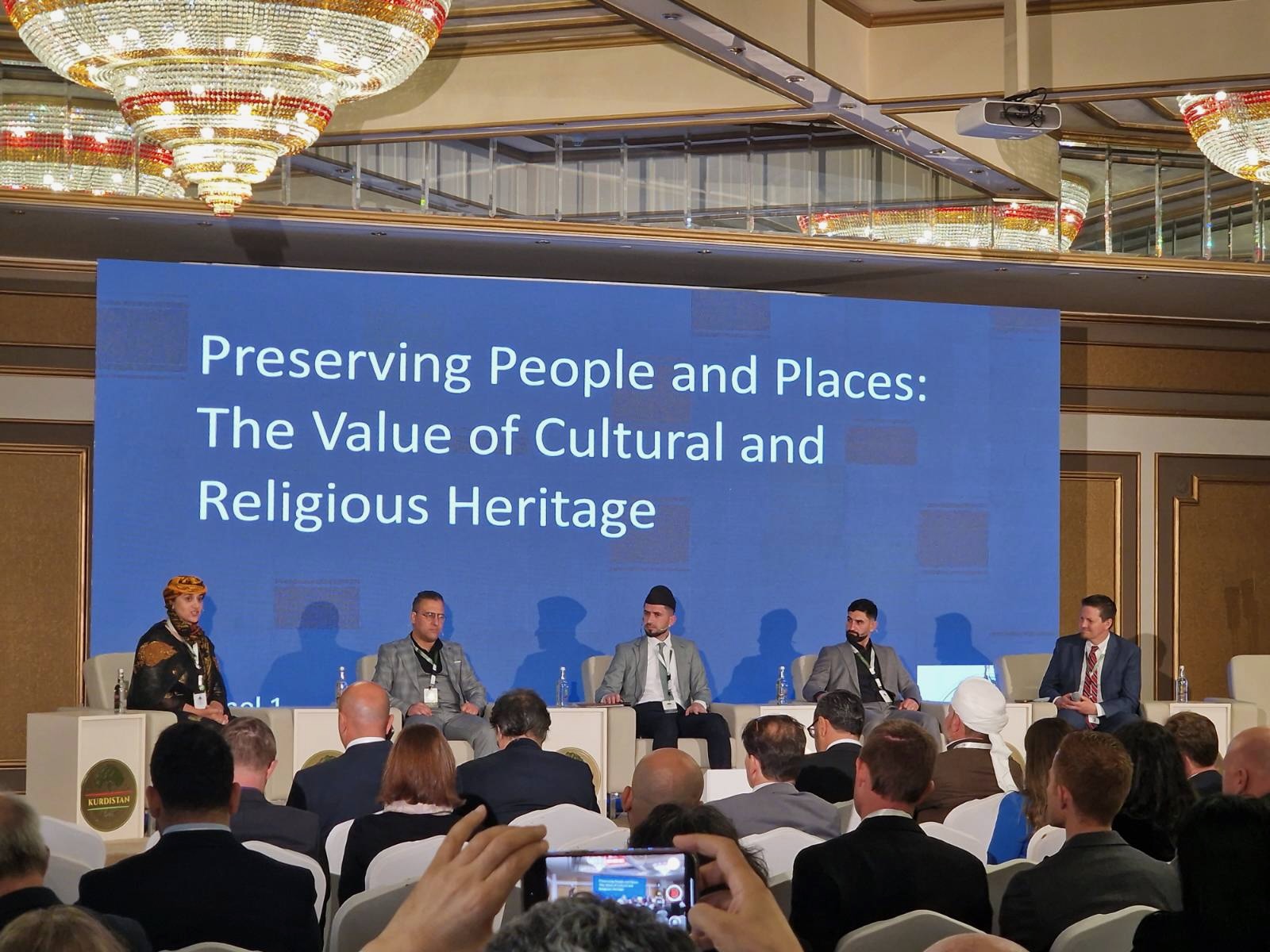This piece is a response to John M. Owen’s piece, “Religious Freedom, Now, Everywhere? Not So Fast,” which can be found here.
By: Anthony Gill.
John Owen makes a strong case for caution when advocating for religious freedom in countries lacking basic human liberties. He correctly points out that sudden changes in the legal structure of a nation may often harm the individuals whom those changes seek to protect, using the case of sixteenth-century France to nicely illustrate his point.
We need not look as far back as Bourbon France for examples, though. The introduction of religious freedoms in Latin America during the nineteenth and twentieth centuries often led Catholic mobs to harass Protestant missionaries. The collapse of the Soviet Union and the opening of the country to missionaries created a backlash against religious minorities led by a Russian Orthodox hierarchy that was trying to re-establish its historical dominance within the nation. The result there, much like the revocation of the Edict of Nantes in 1685, was the passage of a 1997 law granting privileged status to a small set of historical confessions and heavily restricting the rights of religious minorities. In retrospect, this law was the first of many steps in Russia’s backward slide away from democracy.
There is a basic point familiar to all political economists that can be made here: Any change in a law will have winners and losers, and the losers will often use extra-legal (and sometimes violent) means to preserve their interests. While we often hope that a sudden injection of religious freedom into a previously despotic situation would yield social flourishing—the likes of which RFP scholars have argued will occur in the long-run—in reality the result is more likely to be social conflict that could have very unpredictable consequences for political stability. Political rulers who are naturally inclined to undertake actions that first-and-foremost preserve their power will, not surprisingly, turn a deaf ear to pleas for increased religious freedoms. The United States or UN may send emissaries to religiously-repressed countries, and their leaders will listen to arguments for enhanced freedoms with a sense of seriousness, but little change can be expected.
Moreover, if rapid changes in religious freedoms are introduced and extra-legal social conflict does ensue, the result might be for political leaders to re-establish order by implementing legal restrictions on religious minorities that are worse than the previous set of regulations. This, in turn, sends a signal to social forces opposing religious freedoms that they can accomplish their goals via the threat or actual use of violence.
If this is the case, how should we proceed with advocacy for religious liberty? First, we should temper out expectations as to what “top down” change can bring. Hoping a religious freedom ambassador will convince a despot to change his mind on the treatment of religious minorities is simply a recipe for continual disappointment.
Second, our best option would be to promote social toleration of religious differences at the grassroots so that if and when religious freedoms are increased, the likelihood of conflict is greatly reduced. Individuals of different faiths who live peacefully side-by-side with one another, and realize the economic and social gains from toleration, are the ones who pave the way for eventual legal changes that endure over time. Owen and I have written on this in the Netherlands during the seventeenth century, and RFP scholar Rebecca Shah has shown this to be true in the slums of India. While we should devote continued effort towards convincing elites in society of the need for greater freedoms, our efforts must also be concentrated on championing the case for toleration among the general public via popular writings, educational videos, and other forms of mass communication. A population already practicing religious toleration will be most amenable to the formal legal promotion of religious liberty.
Finally, the best pathway towards promoting lasting religious freedoms throughout the world is to lead by example. It is difficult to advocate for greater liberties abroad when our own nation is moving in the opposite direction, forcing religious groups to adopt practices that violate their moral tenets or denying confessional associations basic property rights.
For many centuries the United States has been the nation persecuted individuals have looked to as a place of refuge, not only in the physical sense of a place to migrate to, but also as an ideal that they can use for advocacy in their own countries. Yes, the United States has faltered in its promotion of liberty and our historical record is not without blemishes, but the social space for common individuals to continually defend their religious and political rights on a daily basis is what has inspired generations of advocates to make the gradual changes that strengthen a society premised on liberty and mutual respect for theological differences. It is the average citizen, not the elite, who bears the cost of governmental restrictions on religious rights and who further understands the importance of toleration and liberty as a bulwark against the tyrannies of the elite.
Look not to those high in power to save us from despotism, as they will often offer promises of security and well-being that they cannot deliver without recourse to such despotism. (And in the short-run, such appeals to security are strong and may lure us into a complacency where we are willing to cede our freedoms.) Instead, we must task ourselves to continually make the case for toleration and liberty however small our victories may be. It is in this context, and only in this context, that formal legal changes for religious liberty will avoid socio-political conflict and result in an enduring respect for the freedoms of all people irrespective of belief or non-belief.
Anthony (Tony) Gill is a professor of political science and adjunct professor of sociology at the University of Washington, a distinguished senior fellow at Baylor University’s Institute for Studies of Religion, and an associate scholar with the Berkley Center’s Religious Freedom Project.
This piece was originally authored on April 13, 2016 for the Religious Freedom Project at Georgetown’s Berkley Center for Religion, Peace, and World Affairs.
THE RFI BLOG

Oral Argument in Charter School Case Highlights Unconstitutional Motives Behind OK Attorney General’s Establishment Clause Claim

Largest Longitudinal Study of Human Flourishing Ever Shows Religion’s Importance

Keys To Human Flourishing: Faith And Relationships Outweigh Wealth

RFI Champions Religious Freedom at Kurdistan’s First National Prayer Breakfast

RFI’s Ismail Royer Speaks at Supreme Court Rally for Religious Parents Seeking Opt-Out
CORNERSTONE FORUM

Reaffirming Religious Freedom: Bridging U.S. Advocacy and Iraq’s Constitutional Framework

Political Polarization, Same-Sex Marriage and Religious Liberty

Bridging the Gap Between International Efforts and Local Realities: Advancing Religious Freedom in the MENA Region

Challenges to Religious Freedom in Iraq and the Critical Need for Action


